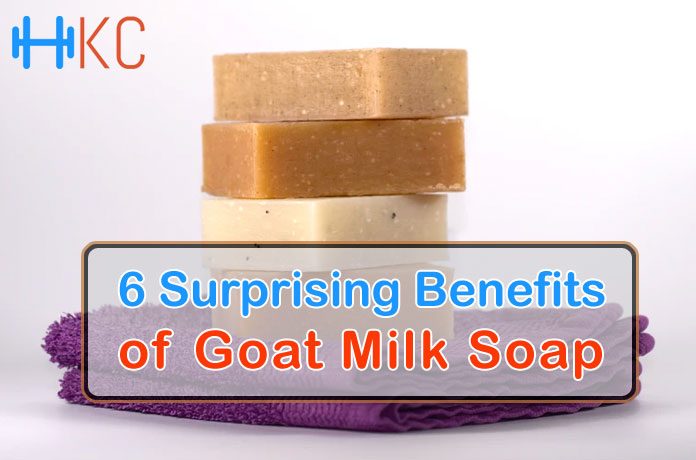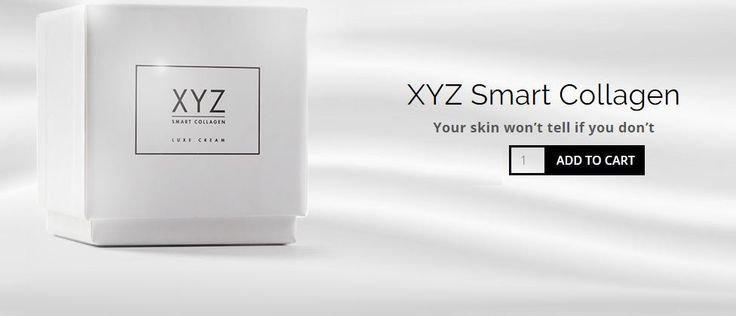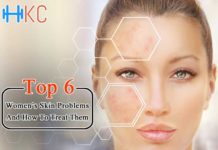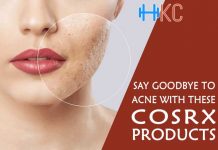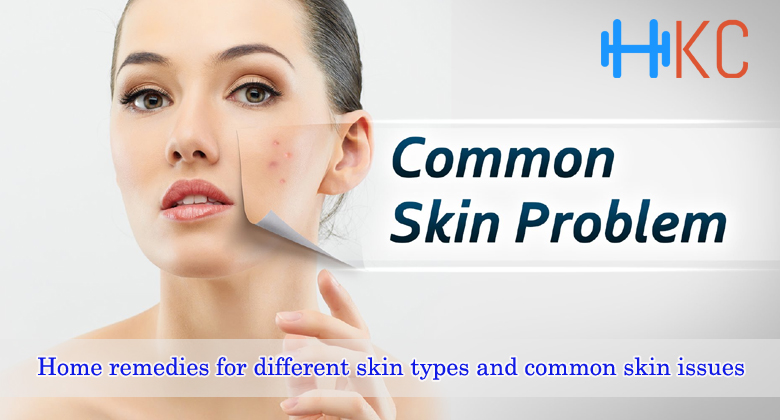6 Surprising Benefits of Goat Milk Soap
Most people buy their soaps from large commercial brands. It’s easier because you can find them in any grocery store or supermarket. But there are some downsides to this convenience, especially if you have sensitive or dry skin.
Commercial mass-produced soaps typically contain synthetic additives that act as a detergent to remove dirt. Although they add lather, they can dry your skin. According to the FDA, most of the soaps we see in supermarkets are not real soaps but synthetic detergent products. They contain fragrances that can trigger allergic reactions as well as color additives.
Given that the skin is the human body’s largest organ and can absorb up to 60% of what you put on it, it makes sense that there’s been a growing demand for more natural products in recent years. We try to stay away from artificial chemicals in our food, so why would we put them on our skin?
When it comes to natural soaps, goat milk soap tops the list and has soared in popularity thanks to its short ingredient list and positive effects on sensitive or dry skin, as well as skin conditions such as eczema, psoriasis, and acne. If you generally have healthy skin, goat milk soap can also help you maintain it through its soothing and nourishing properties.
What Is Goat Milk Soap?
As you can probably tell from the name, goat milk soap is basically soap made from goat’s milk. Soap is made through a process called saponification. The name literally means “soap making” and comes from the Latin word for soap – “sapo.” When you use the cold process method, you mix an acid, which in this case is fat or oil, with a base – lye. The lye in most soaps is made by mixing water with sodium hydroxide.
In contrast, goat milk soap is made by using goat milk instead of water, which creates a creamier texture because of its naturally occurring fats. Goat milk contains both saturated and unsaturated fats that make it an ideal choice for soap production.
Additionally, goat milk has anti-inflammatory, anti-allergic, and antimicrobial properties while also being packed full of vitamins that are great for your skin, such as vitamins A, E, C, and several B vitamins. When making goat milk soap, other plant-based oils such as olive oil or coconut oil can be added to further enhance the beneficial effects of the soap.
#1. Cleanses Your Skin Gently
The process of saponification results in both soap and a certain amount of glycerin. Many large-scale soap manufacturers remove some of the glycerin so they can add it to more expensive skin-care products such as moisturizing lotions. This results in soaps that are more drying to the skin. Most store-bought soaps also contain some harsh surfactants (surface-active agents) that strip away the natural moisture and oils from your skin, leaving it dry. That’s why you get that sensation of tight skin unless you apply moisturizer.
Natural soaps such as goat milk soap keep the glycerin, which results in a product that provides more moisture for your skin. At the same time, goat milk soap contains caprylic acid – a medium-chain fatty acid with anti-inflammatory, antibacterial, and antifungal properties- that removes impurities from your skin gently, without stripping away its natural moisture and oils.
#2. It’s a Nutrient-Rich Soap
Goat milk is high in cholesterol and fatty acids – essential components of the skin’s membrane. Without them, your skin gets dry and prone to irritation. Furthermore, goat milk is packed with vitamins: vitamin A has anti-aging properties; vitamin C is an antioxidant that protects your skin cells from the damaging effects of UV exposure and inhibits the production of melanin which helps even out your skin tone; vitamin E promotes circulation which makes your skin heal faster, helps with dryness; while B vitamins calm irritation and help your skin regenerate.
This type of soap also contains selenium – a mineral that has been shown to promote the health of your skin’s membrane and improve psoriasis symptoms.
Keep in mind that the amount of nutrients in goat milk soap depends on how much milk is used during production, so if you want to enjoy goat soap benefits to the fullest, you have to make sure you buy it from a reputable manufacturer.
#3. Great for Dry Skin
The medical term for atypically dry skin is xerosis cutis. It comes from the Greek word for dry – “xero.” This condition is caused by low levels of water in the skin. Your skin has a lipid barrier that slows down the loss of moisture. If your skin is low in lipid levels, it can result in losing moisture at an accelerated rate. The skin feels tight, dry, and is easily irritated.
People with psoriasis or recurrent eczema often show below-average levels of lipids (cholesterol, fatty acids, ceramides) in their skin. Dry skin is also common in older adults. As we age, because of decreased cell renewal, our skin doesn’t produce as much moisturizing agent as it used to, so the barrier we mentioned is not as effective. Dry skin usually gets worse in the winter because the air is cold and dry, which makes the water in our skin evaporate more quickly.
To improve symptoms of dry skin, you need products that help restore your skin’s protective lipid barrier. Since goat milk soap is rich in cholesterol and fatty acids, it replaces some of the missing fats and prevents the water in your skin from evaporating. The creamy texture of the soap allows the goat milk – a natural emollient and moisturizer – to get absorbed more efficiently and reach the gaps that develop between cells, forming a moisture barrier that keeps your skin soft, smooth and supple for longer.
#4. Natural, Safe Exfoliation
You may have seen exfoliating products that contain AHAs or alpha-hydroxy acids that are beneficial for reducing hyperpigmentation, promote blood flow, collagen production, increase product absorption, and improve the appearance of fine lines and wrinkles.
Goat milk contains lactic acid, a naturally occurring alpha-hydroxy acid that has been shown to be one of the most gentle but effective exfoliants, making it ideal for sensitive skin. Lactic acid is so effective because it can break down the bonds that hold dead skin cells together, which leaves you with a more youthful complexion. Water-based soaps have to use harsher chemical acids to achieve the same results, but often leaving sensitive skin irritated.
#5. Supports Your Skin’s Healthy Microbiome
Your skin’s microbiome is a collection of healthy bacteria that works as a barrier against pathogens and helps prevent common skin disorders like acne or eczema. Due to its ingredients, goat milk soap cleans your skin gently without removing its natural lipids and healthy bacteria.
Goat milk also contains probiotics such as Lactobacillus (which produces lactic acid), giving it anti-inflammatory properties. The caprylic acid we discussed earlier provides the soap with a pH level closer to that of the human skin, minimizing any potential interference with the health of your skin’s microbiome. These factors make it a better alternative for sensitive skin than store-bought soaps that use stronger chemicals.
#6. Helps with Acne Breakouts
The lactic acid in goat milk soap also helps prevent and control acne breakouts because it gently exfoliates the skin and prevents pores from getting clogged with excess sebum mixed with impurities. The caprylic acid that brings the soap’s pH level closer to that of your skin maintains the balance of your microbiome that, in turn, reduces the frequency of acne breakouts because it doesn’t let bacteria like Propionibacterium acnes proliferate and infect the pores causing pimples.
The harsh ingredients from many face cleansers can dry out your skin, which results in increased sebum production that worsens acne. However, keep in mind that there are different types of acne with different causes, so for best results, you should consult a dermatologist that can recommend a more comprehensive treatment plan, suitable for your particular form of acne.



